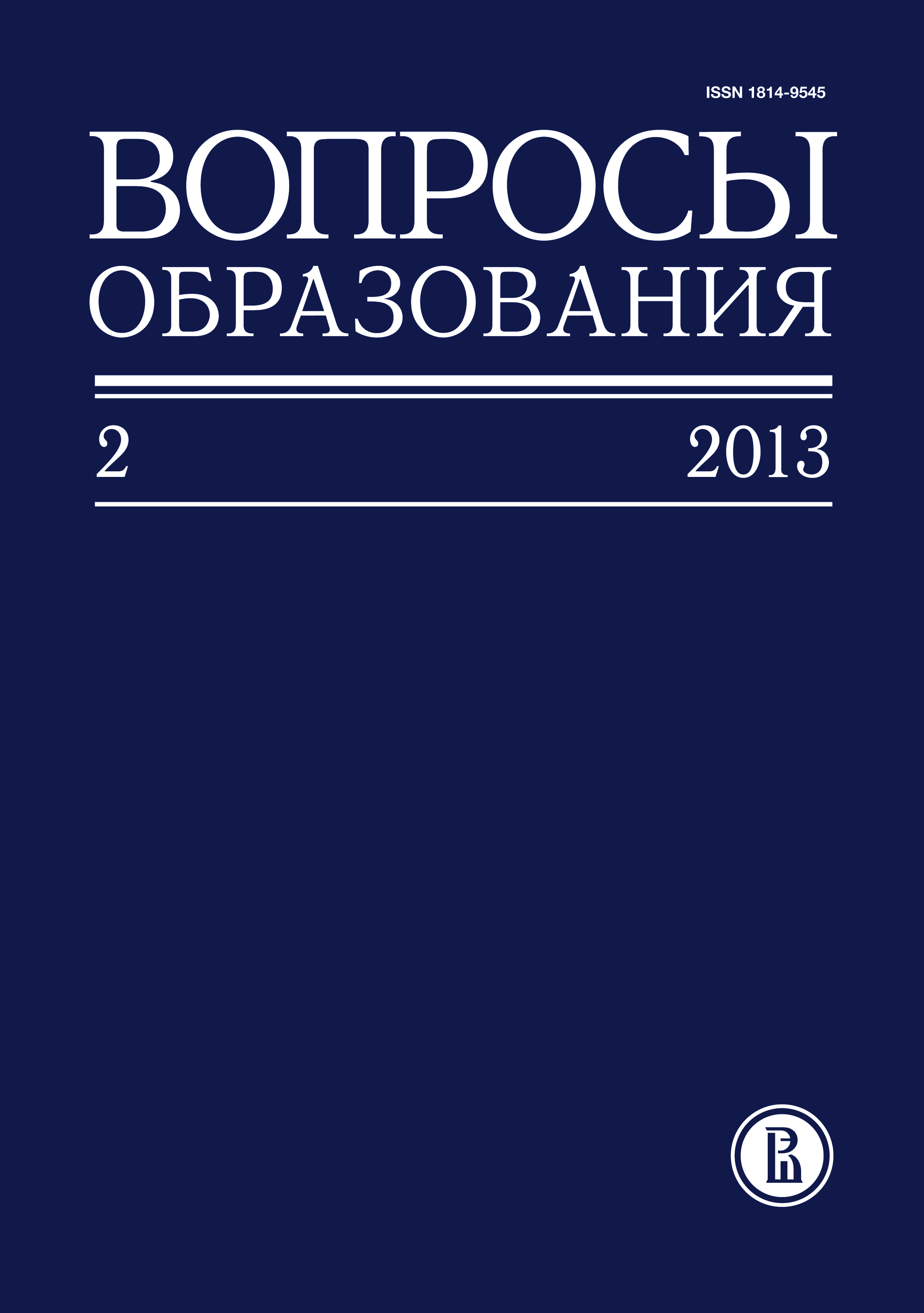Опыт взаимодействия с представителями иных этнокультурных групп в колледже и когнитивное развитие: метаанализ (пер. с англ. Г. Покатовича)
Аннотация
Боумэн Николас (Nicholas A. Bowman) — докторант Центра социальных проблем Университета Нотр-Дам (г. Саут-Бенд, Индиана, США). Эл. адрес: nbowman@nd.edu
Адрес: Центр социальных проблем Университета Нотр-Дам, 164 Geddes Hall Notre Dame, IN 46556.
С помощью количественного метаанализа опубликованных материалов исследуются взаимосвязь между ситуациями межэтнического/межкультурного взаимодействия и когнитивным развитием; а также степень зависимости ее интенсивности от характеристик исследования (рассматриваемых типов межэтнических/межкультурных взаимодействий, типов познавательных достижений и методология исследования).
Результаты метаанализа показывают, что несколько типов межэтнических/межкультурных взаимодействий (межличностные контакты с представителями иной расы, а также с представителями той же расы, но другого социально-экономического слоя, другой культуры или другой религиозной конфессии; учебные курсы и семинары по этнокультурному многообразию) положительно связаны с когнитивным развитием студентов.
Взаимодействие с представителями иной расы более сильно связано с познавательным развитием, чем взаимодействие с представителями собственной расы, что указывает на важность стимулирования расового многообразия в контингенте студентов для повышения их образовательных достижений. Этнокультурное многообразие положительно сказывается не только на познавательных склонностях, но и на базовых познавательных навыках, таких как критическое мышление и решение задач. Связь между межэтническими/межкультурными взаимодействиями и когнитивным развитием сохраняется независимо от того, каким образом измеряется результат и опубликовано ли соответствующее исследование в научном журнале. Несмотря на расхождение результатов отдельных исследований, в целом подтверждается благотворное влияние межэтнических/межкультурных взаимодействий в колледжах на когнитивное развитие студентов. Широкий выбор возможностей в университете для межэтнических/межкультурных взаимодействий пробуждает целенаправленное мышление, обеспечивая полноценное развитие студентов.
Обозначены возможности практического применения выявленных закономерностей, определено значение полученных результатов для дальнейших исследований.








